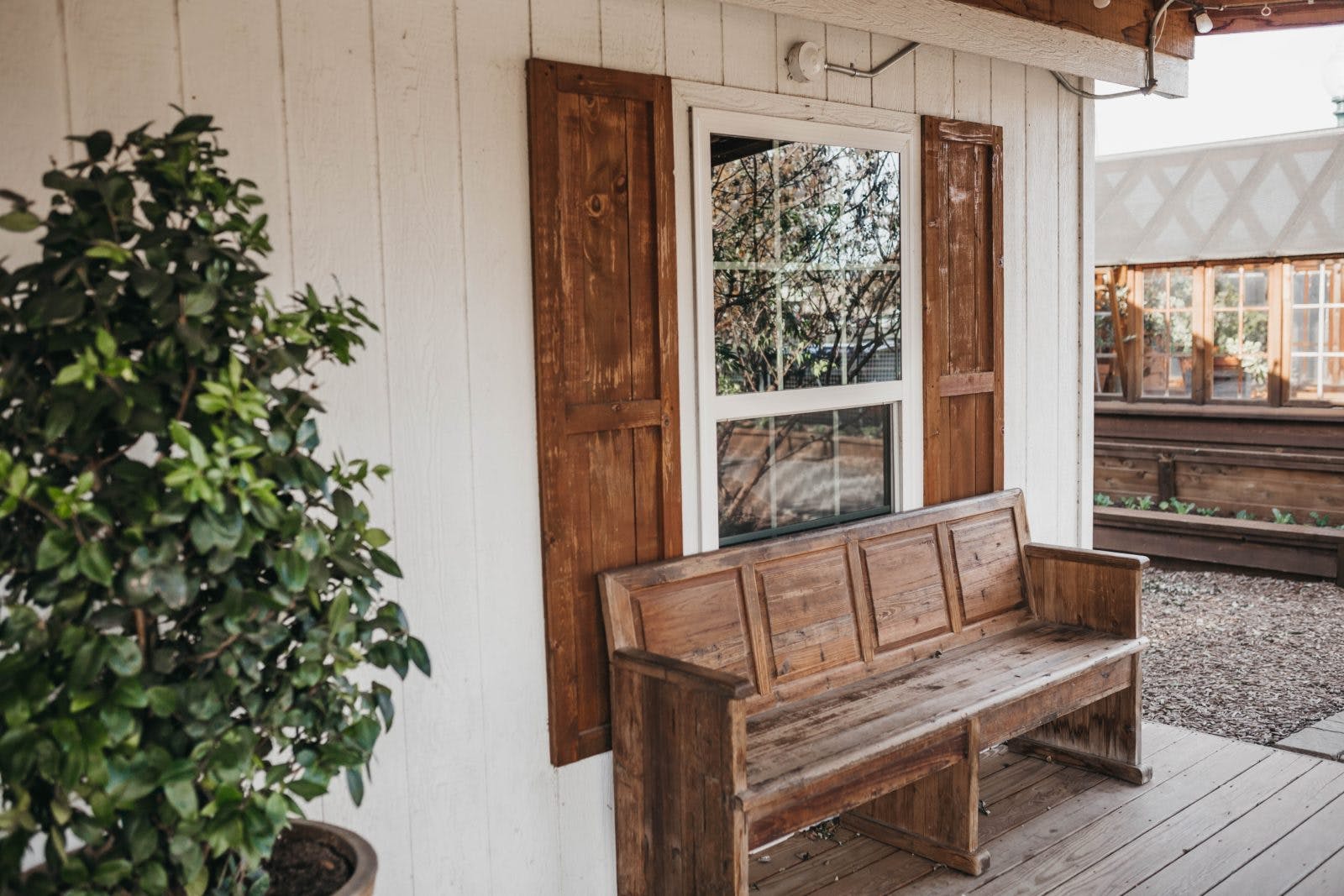Buying a new home is exciting, scary and enthralling all in one. The decision to move on from your current property or purchase your first home doesn’t come easily. You may have been dwelling on it long before the pandemic or perhaps the current state of the world has contributed to your decision to buy a home.
Either way, it’s arguably one of the biggest decisions of your life therefore the choice isn’t made lightly. This post covers a few factors to consider before taking the leap and purchasing a new home.
1. Debt to income proportion
For most people, a home will be their most valuable asset. This inevitably means a loan with the bank. A mortgage shouldn’t be taken lightly, it’s money with a price tag that you will have to pay back. You’ll end up paying more than what you lent, so it’s always advisable to use as much as your own money as possible.
A good way to work out whether you can afford to pay off the mortgage is your debt to income proportion. Take a look at what you’re earning and how much of that you can guarantee to put towards your mortgage each week. The tough questions need to be asked, how much money can you afford to take out and payback? It can be confusing and overwhelming to work out how much money you really need. Sit down with a finance expert who will happily guide you to the right choice.
2. Current debt
Do you currently owe any money? If so, it’s important to take a good look at how much you owe. Can you afford to be taking out more money while you already have a loan stacked up? This will likely affect your ability to be lent money too, as your credit rating will be negatively impacted. Any debts you still owe will be taken into account when you are trying to get a loan approved.
3. The stability of your job
This is a particularly important one in the current world climate. Factors to consider are how long you’ve been there, what the company’s current standings are and what industry you’re in. For those who have been at their job for more than 2 years and are in an essential industry, you should pass through any finance restrictions with flying colours. If not, you may not be able to receive the finance you’re after or realistically be able to pay the mortgage back, putting the house buying decision on hold for a while.
4. Look at your credit performance
Taking a look at your credit performance will give you a good indication of whether you’re ready to make a home purchase. Bad credit indicates missed payments or poor repayment of debt. This will be analyzed before your loan will be approved. If you can’t get your loan approved it could be a good chance to work on increasing your credit score and settling any debts or unpaid bills.
5. Assess the market
Before buying it’s important to take a good look at what the property market is doing. Are house values going up or going down? Are houses selling easily? What are interest rates doing? All these indicate the state of the economy and housing market suggesting which way it’s going. If you follow these over a reasonable amount of time you’ll start seeing if it’s heading up or down. This can help inform your decision about whether it’s a good time to buy. You can talk to your property adviser for more insightful information on the housing market.
6. Your current point in life
A long hard think about whether this is truly what you want right now and will still be a good choice in the next few years. Buying a property is usually a long term investment, so take into consideration your near future and what it holds. Are you thinking about kids? Still have some travel to tick off the cards? Are the kids all grown up and about to leave home? All these will contribute to the type of property you’ll be after and whether you should be making the move right now.
7. Know what you want
Buying shouldn’t be something irrational, it should be well thought out. Because budgets aren’t unlimited you’ll have to make compromises and prioritize the key components you are after. You should have a good sense of where you want to live and what some key priorities of your property are. Do you want some lush paddocks? Room for the furry ones? Entertaining areas? Having a solid understanding of what you want means you’re well on your way to be ready for a move. And if you don’t, that’s okay too. Start checking out properties of interest to narrow down these priorities.
Another factor to bring to the table is the location and how important it is to you. Some areas are more sought after than others, so they will be higher on the money side of things. If location is a priority to you then you may have to sacrifice other aspects.
8. If you’re selling too
If you’re already the owner of a home and looking to move on there are of course a few more complex points to consider. Most importantly, what the market is doing and if you’re happy with the current property value of your house.
If you’ve found the perfect new home but haven’t managed to sell yours yet, you should be able to still receive finance and use your current home as collateral. Non-permanent renting can be a great way to wait for your property value to rise. Of course, there is a risk it won’t, but if you’re willing to wait a while it could work out for you. Placing your property on the short term rental market will still provide you with income and you can put it up for sale when you see the value of neighbouring properties start to rise.
Thinking of buying or selling real estate in the Fraser Valley? Let’s talk!



